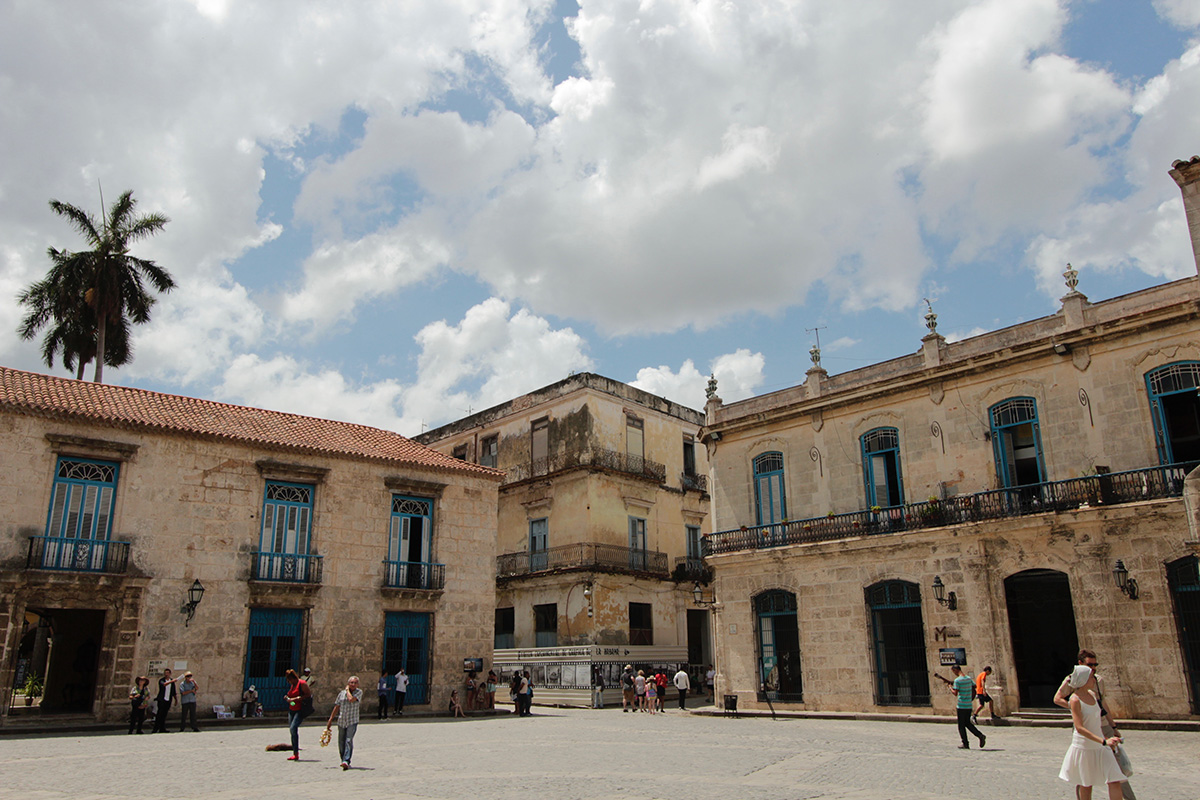Folklife Friday is a weekly digest of arts and culture articles, podcasts, and videos from across the web. Read on for a selection of the week’s best cultural heritage pieces, and don’t forget to check back next Friday for a new set of weekly picks.
Free at Last: Mal Waldron’s Ecstatic Minimalism
“Waldron cut an alluring figure for the new jazz modernism emerging in the 1950s,” Adam Shatz writes in this stirring tribute. “He was slender, with regal features, an elegant bearing, and haunting eyes.” In tracing Waldron’s career from his hometown in Harlem to Billie Holiday’s side, Shatz arrives at the singular gift of the beloved pianist. “To listen to Waldron is to feel as if he is speaking to you, and only you, because he never forgets the lyrical content of a song.”
Cracking Open a Case of Fortune Cookie Theft
“Why are fortune cookie fortunes never really fortunes? And where do fortune cookies come from anyway?” In this episode of The World in Words, producer Lidia Jean Kott discusses these and other questions with Yongsik Lee, inventor of the fully automatic fortune cookie machine. Among the topics Kott covers here are the burnout that comes from writing fortunes, the practice of eating the slips of paper, and more. “Some men dream of fortunes. Others dream of cookies.”
Restoring Old Havana
“The Old City today is a quilted urban landscape of restored historic buildings, extensive green spaces, and plazas.” This richly illustrated story map surveys Havana, Cuba’s longstanding, and often uneven, preservation efforts. The UNESCO World Heritage Site is home to a rich architectural history that layered restoration efforts hope to sustain. In this piece, which touches on the political and social factors that inform the city’s preservation, a stunning portrait of Havana emerges. “In the Old City, structural artistry blends with Havana’s cultural life to form a community without comparison.”
The Power of Physical ‘Stuff’ in Our Digital World
In this TED Talk, Carol O’Donnell, director of the Smithsonian Science Education Center, makes the case for hands-on learning in an ever-digital world. As a child in inner-city Pittsburg, O’Donnell used her backyard as a laboratory—a space to apply the concepts she learned in school—and she urges teachers to employ similar object-driven exercises to translate wonder and information in equal measure. “Physical objects help evoke those personal histories in us,” O’Donnell explains. “They bring us back to our childhood.”
The Mysterious Music of Georg Trakl
In A Skeleton Plays Violin, James Reidel translates poet Georg Trakl’s major work—a collection that long fascinated philosophers such as Heidegger and Wittgenstein. In this review, Christopher Benfey explores the divergent readings and the lyricism in Trakl’s work. “Understanding a poem, with its patterns of sound and rhythm and repetition, and its ambiguous phrases,” Benfey writes, “is even more like listening to a piece of music.”
Special thanks to editor Elisa Hough and to Michael Atwood Mason and Betty Belanus for their contributions to this week’s digest.


